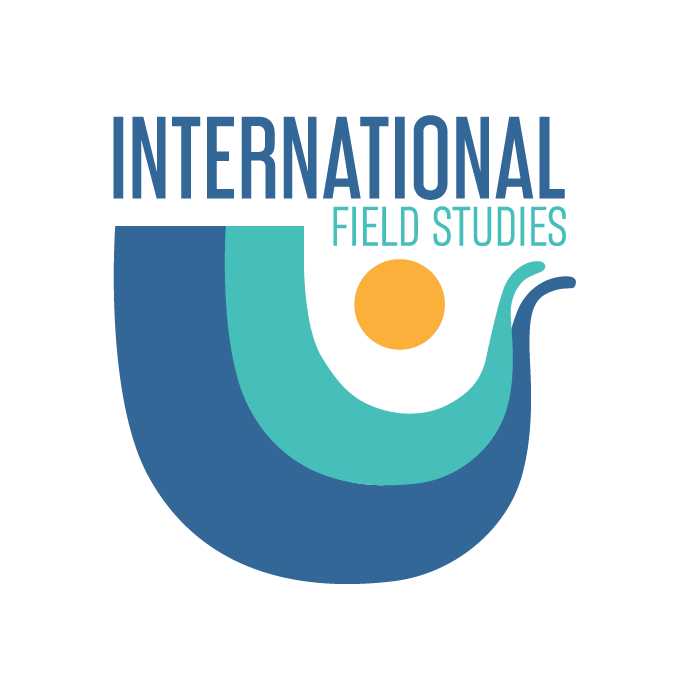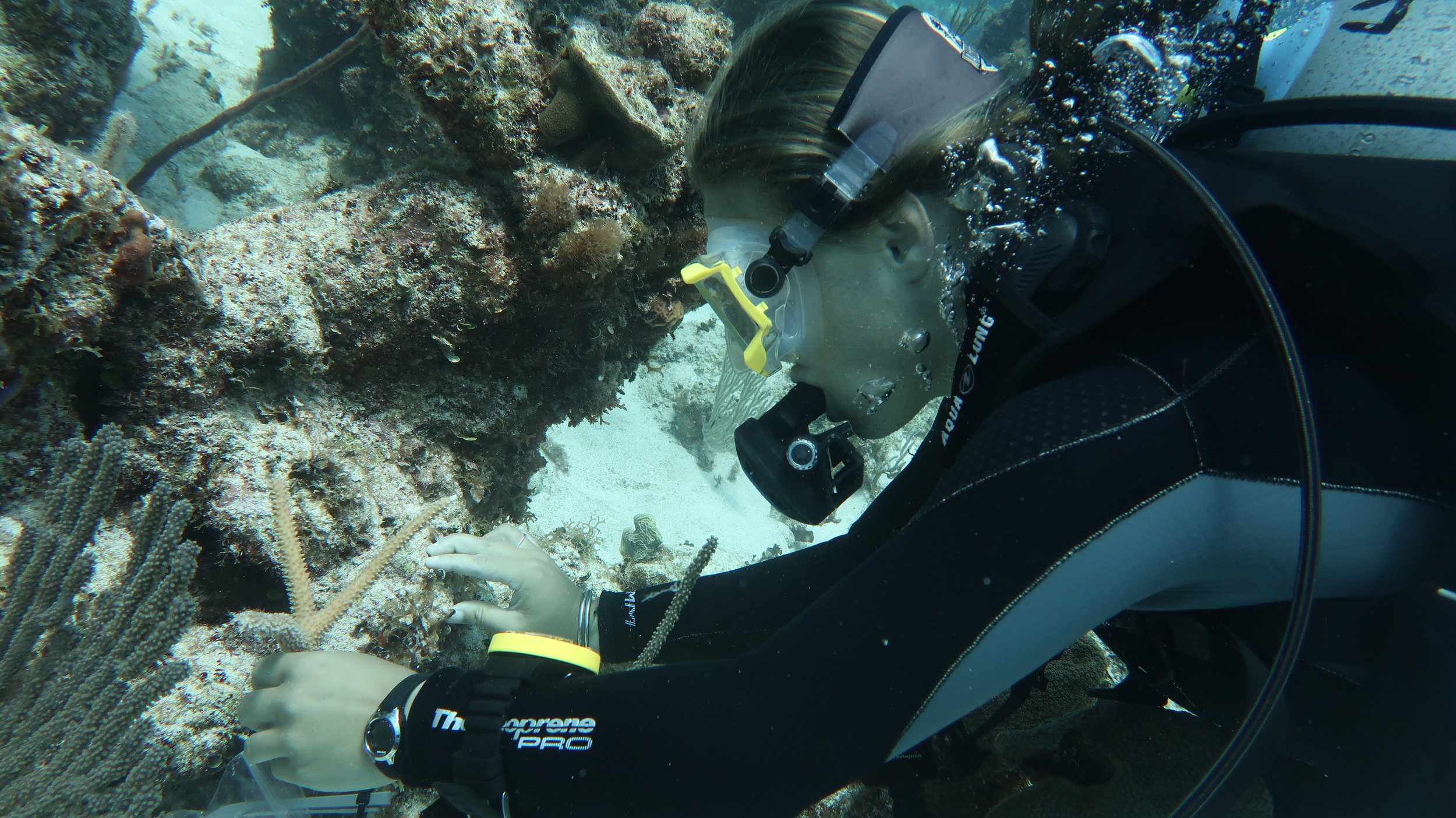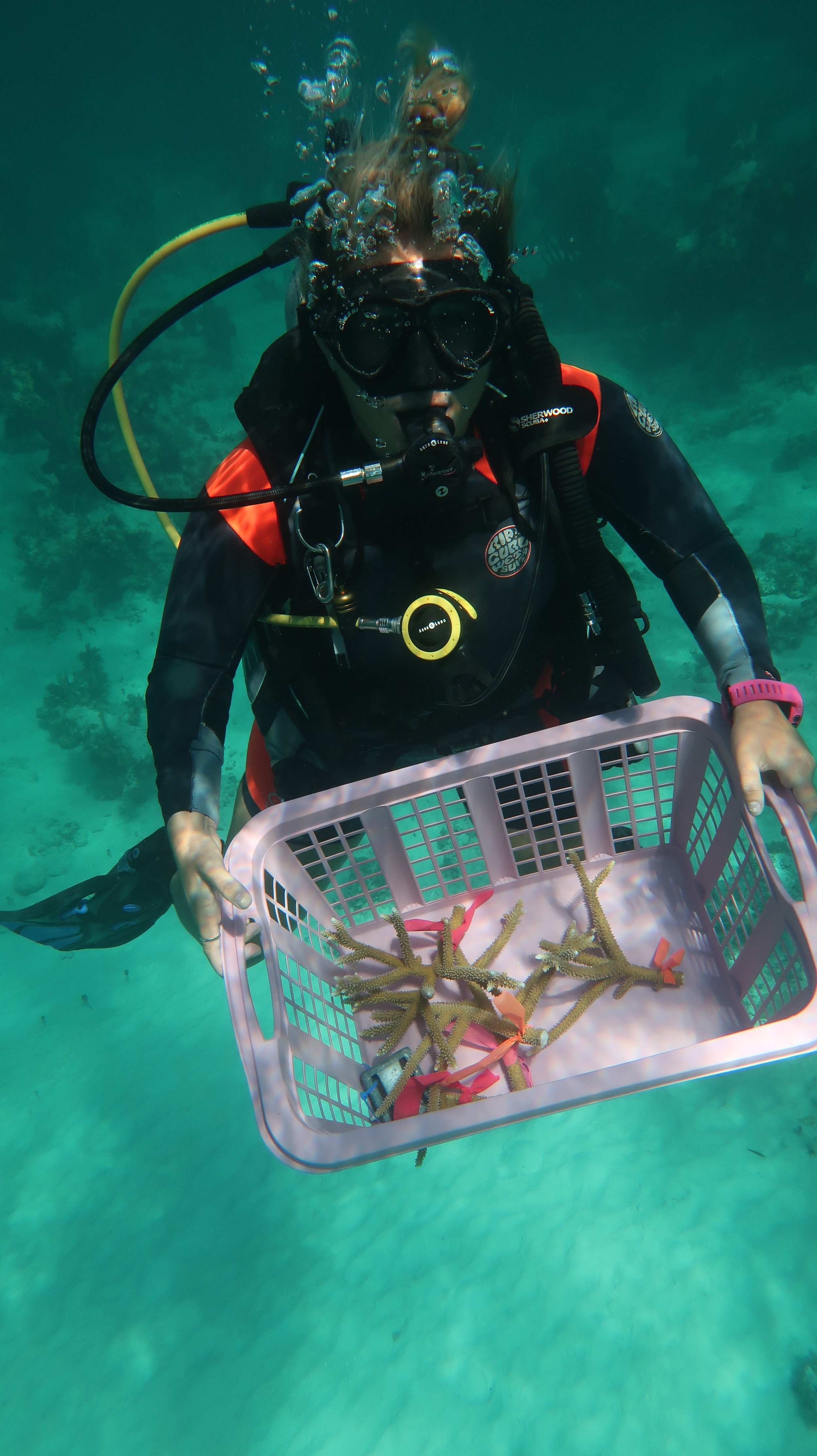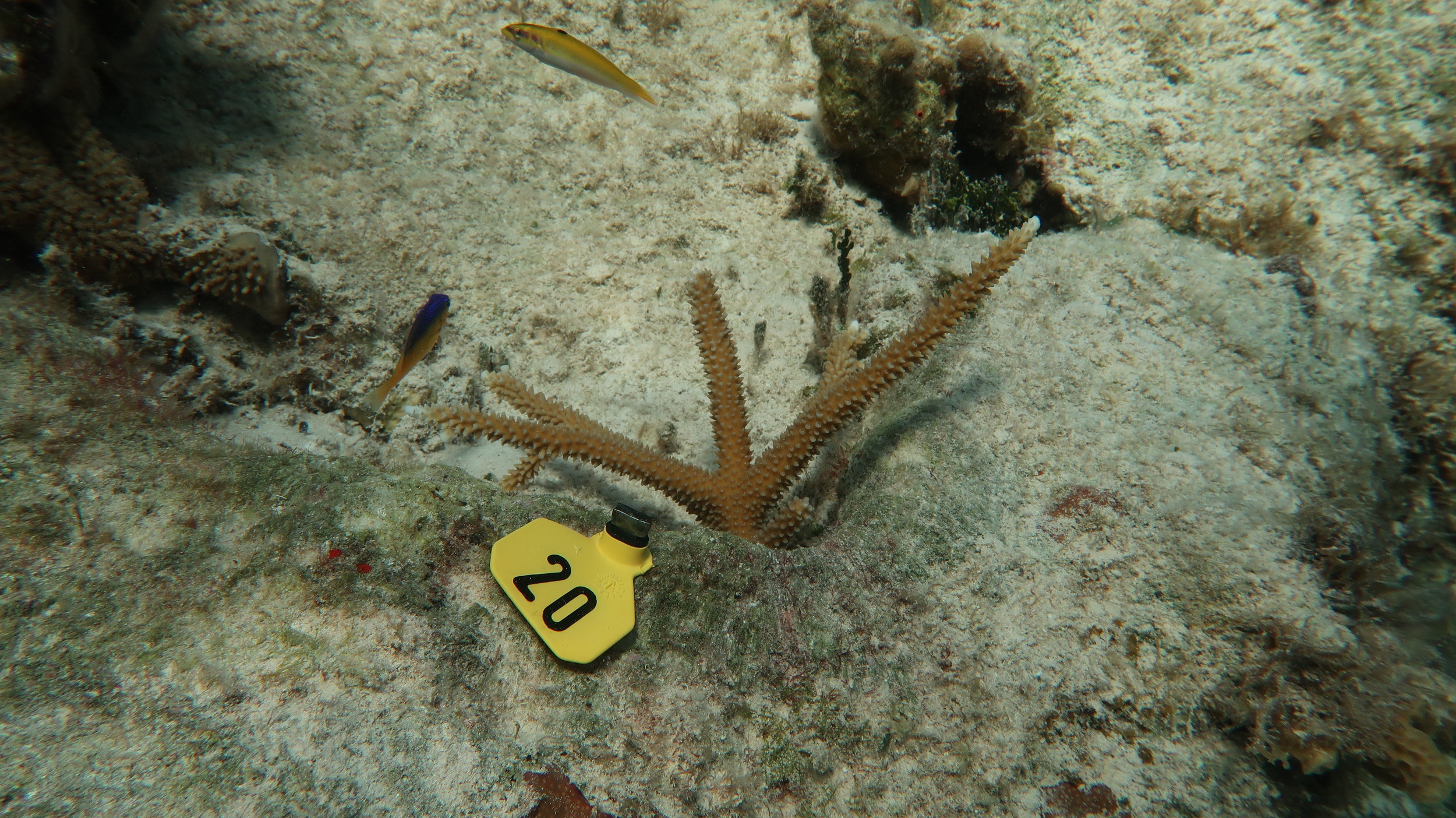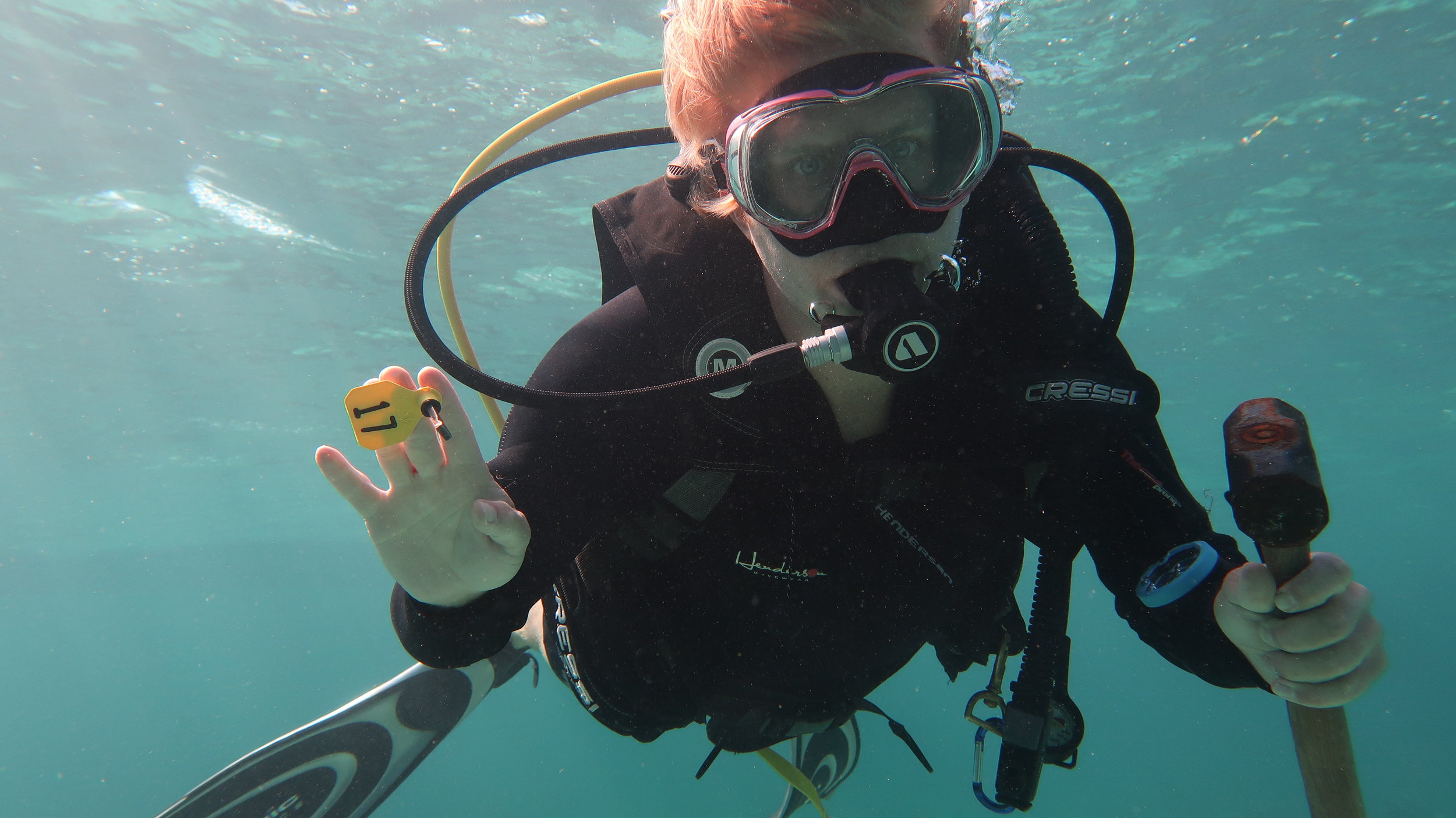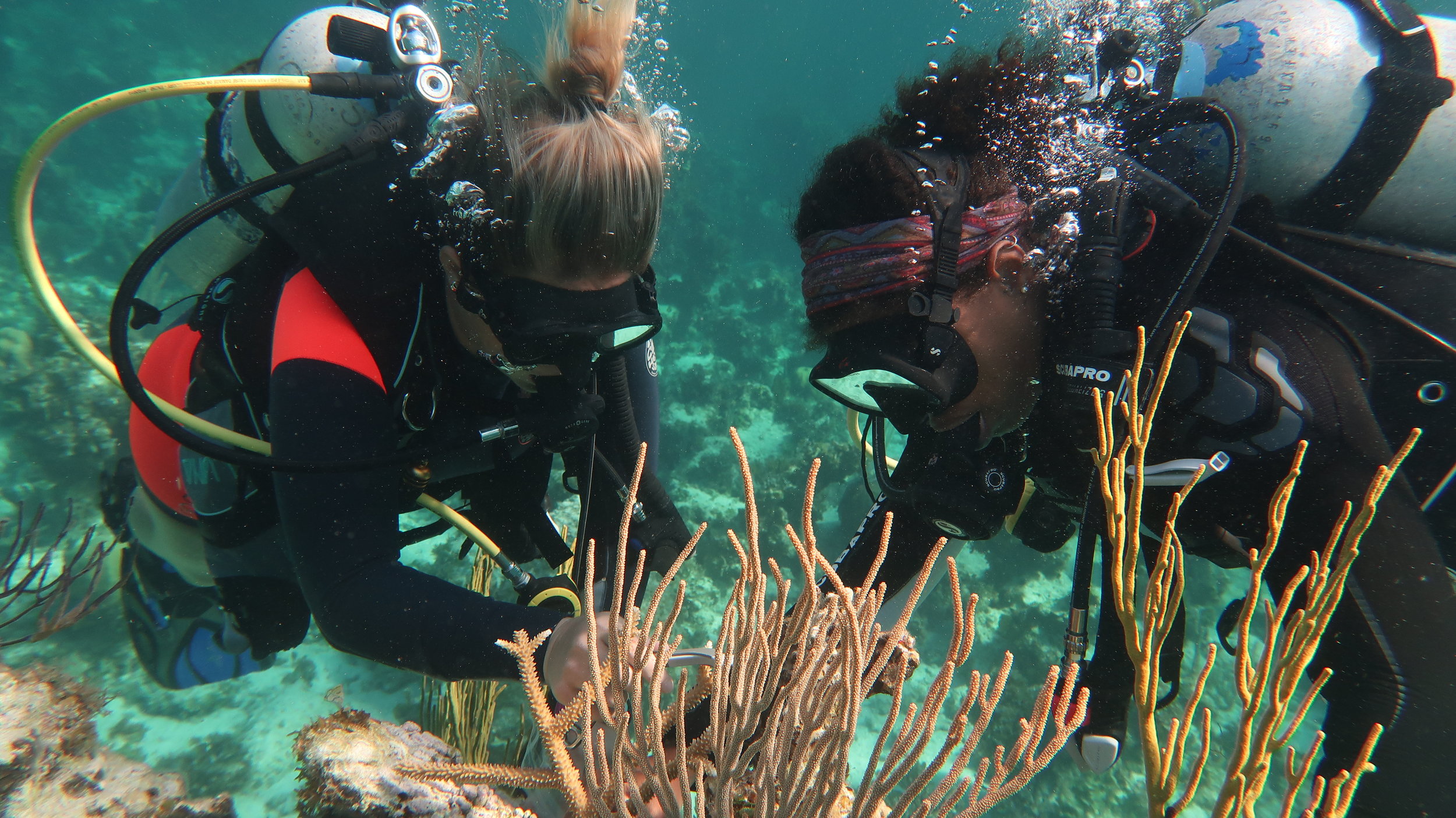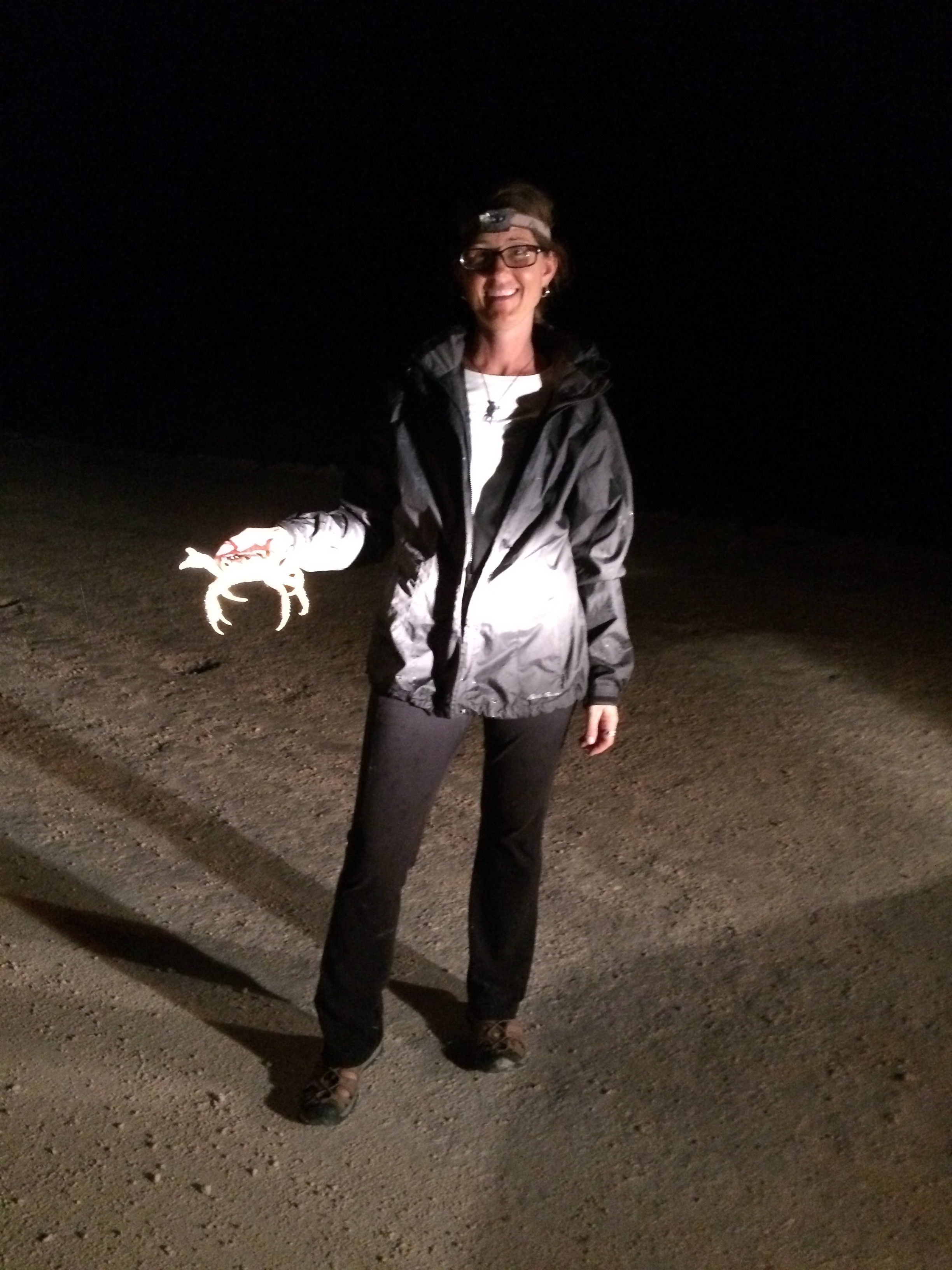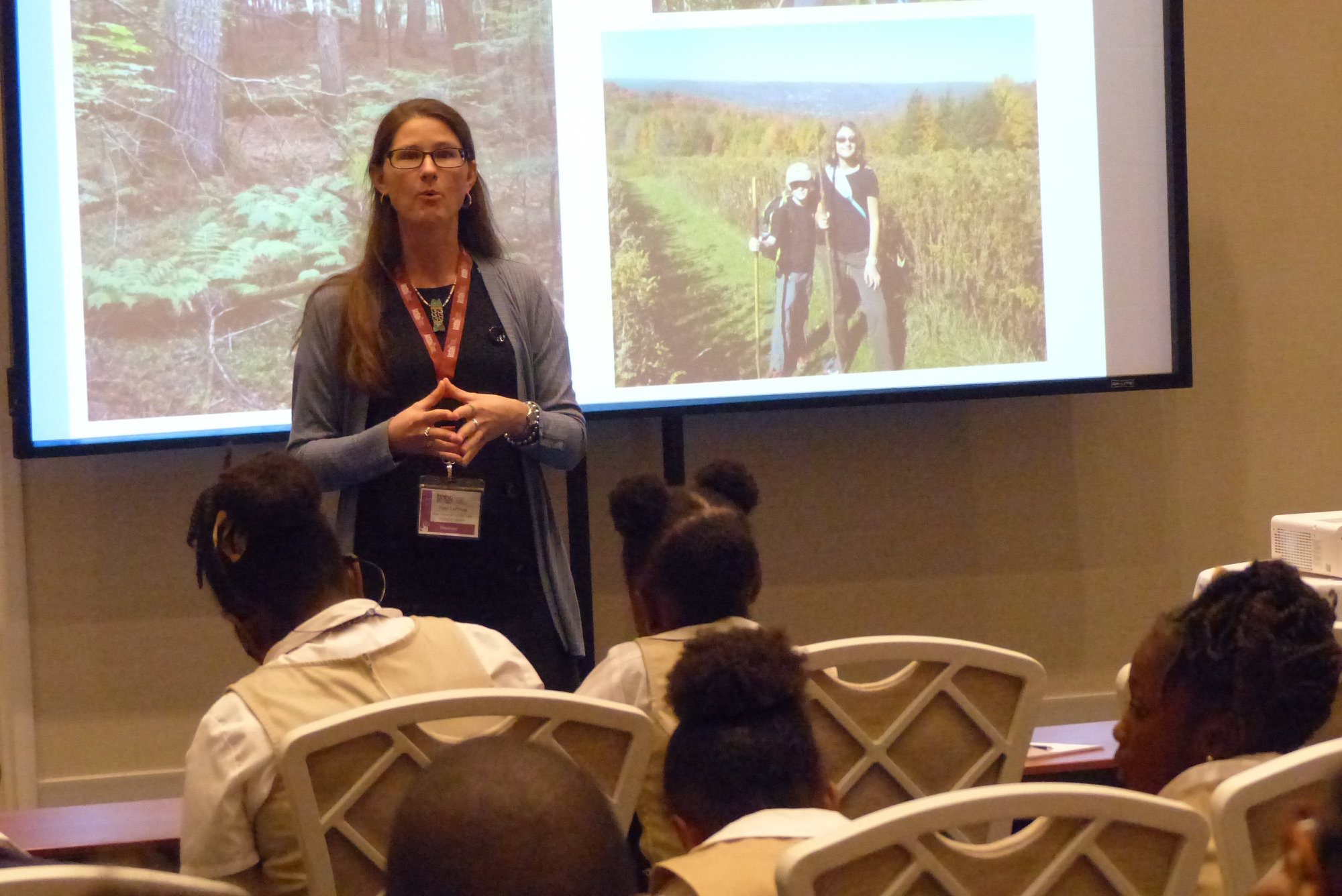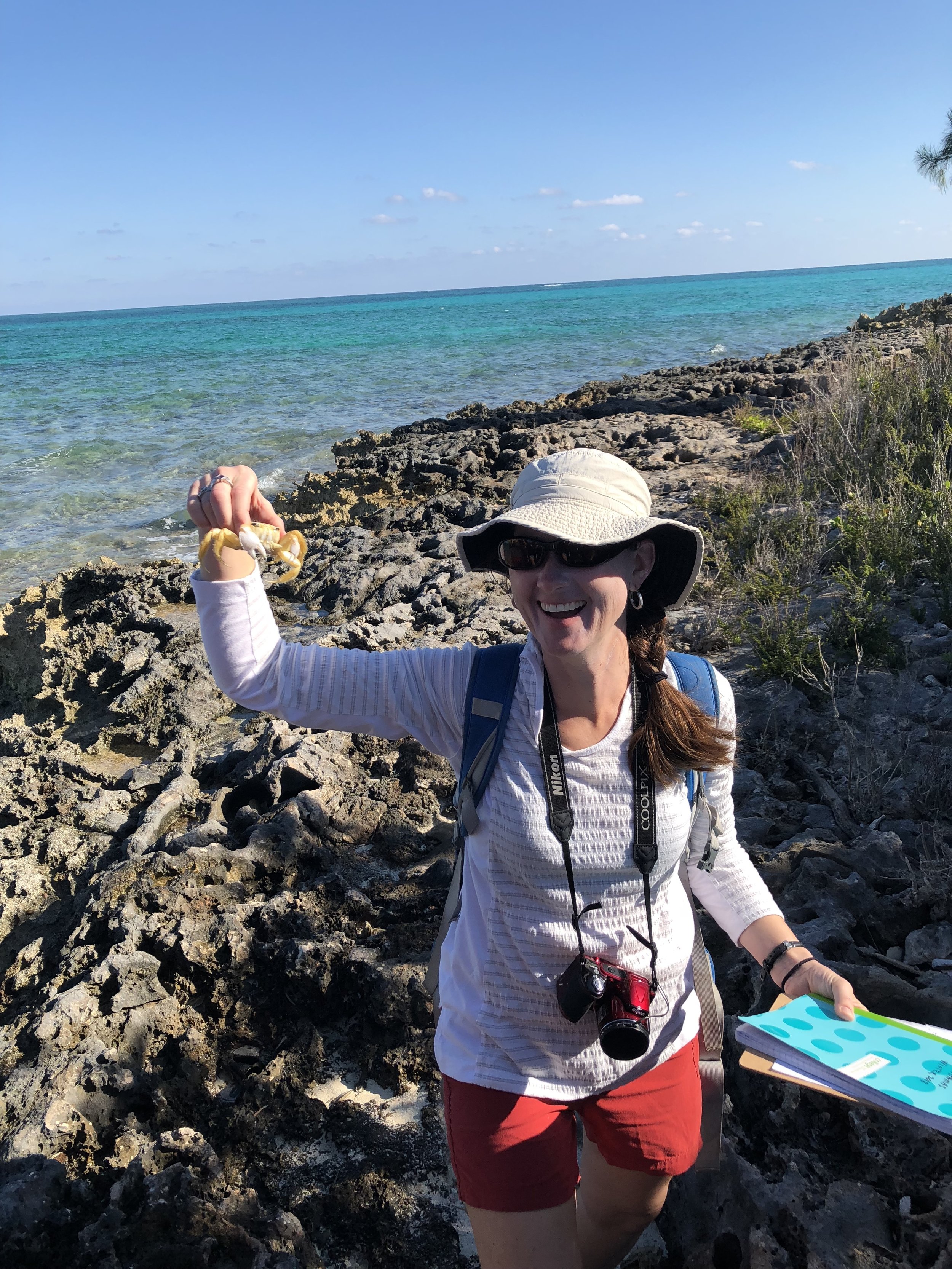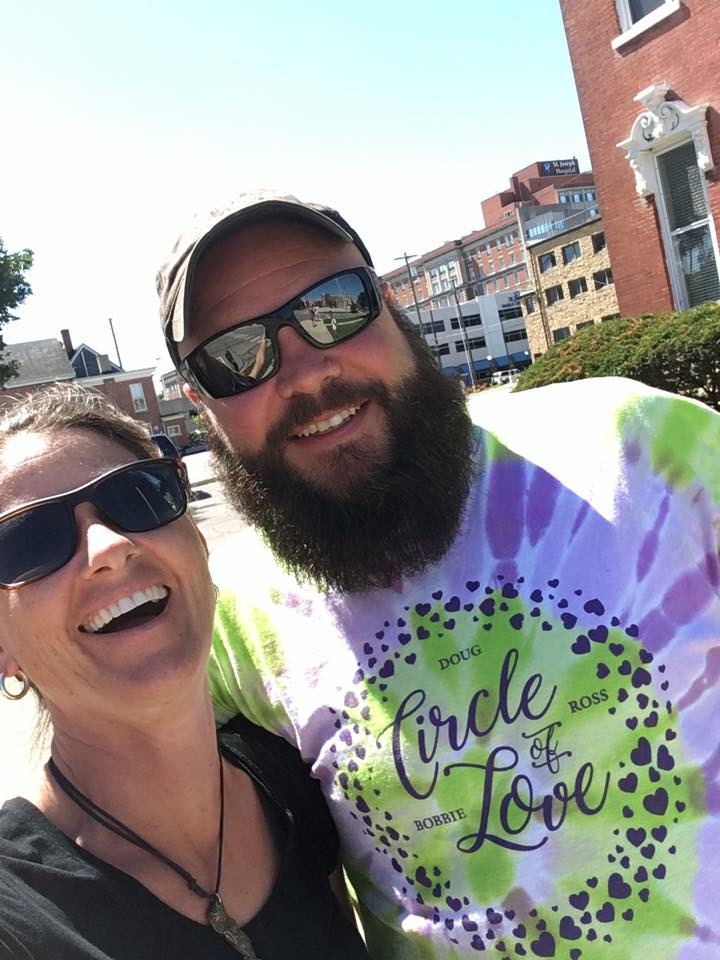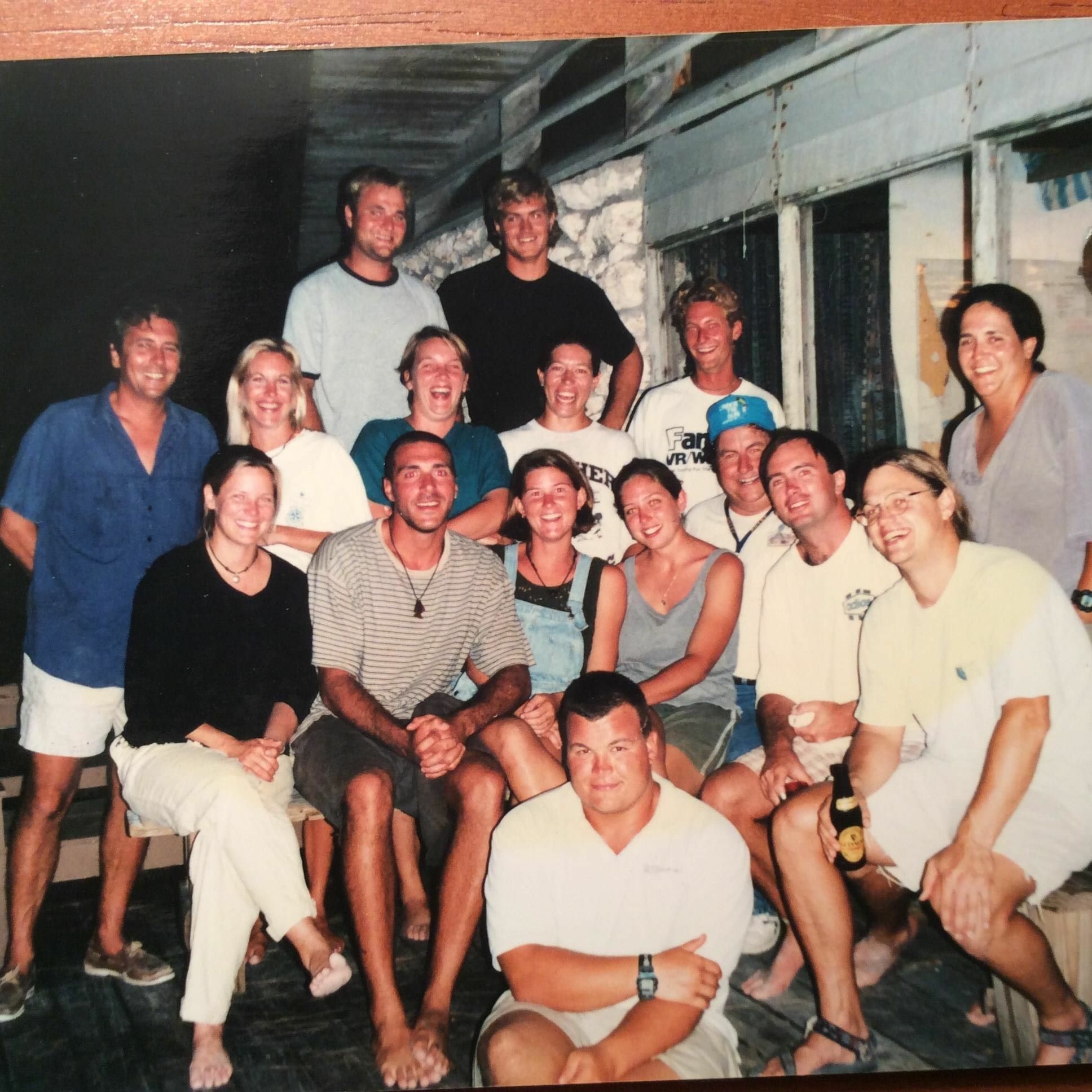Your Guide to International Medical, Travel, and Dive Insurance
/Updated: 4/29/2020
Required International Medical Insurance
International Field Studies requires any guest participating in activities at Forfar Field Station to have international medical insurance. Some medical insurance plans provide international coverage, but many do not.
Make sure to check with your healthcare provider to confirm that your plan includes the following:
International coverage
Medical evacuation (you will be staying on Andros, Bahamas)
Major medical benefits
If your healthcare provider does not cover you, or you’re without health insurance, you must seek out an insurance company or policy that cover you the entire length of your visit. As a nonprofit, we do not offer any insurance plans and we cannot recommend any as it is not our area of expertise. IFS does not endorse or recommend the following options, but we wanted to share some resources other travels have used in an effort to save time and assist your travel needs. Those options are: United Healthcare, International Student Insurance, International Student Protection, INext International Travel Protection.
Travel Insurance
IFS strongly recommends travel insurance. Be sure to check with your provider to see their policies regarding flight changes, cancellations, and COVID-19. The landscape of travel insurance has changed due to COVID-19 so we suggest reading reviews from other customers, speaking directly with an insurance provider on the phone, and taking sufficient time to research which option is best for you. Insuremytrip offers an overview of different companies and may be a good starting point for research. Other resources include: INext International Travel Protection, International Student Insurance, International Student Protection.
Additionally, some credit card companies offer trip insurance as one of their benefits. It may be beneficial to check with your credit card company to see what type of insurance they may offer.
Hurricane season in The Bahamas lasts from June to the end of November. Groups visiting during this time frame should strongly consider the additional coverage. If your group will be in The Bahamas during hurricane season, the National Weather Service can provide further insight or any necessary precaution.
Travel to Forfar will be suspended if there is any travel bans issued by the CDC or Department of State for The Bahamas. Contact your Group Leader or the IFS office with any questions regarding the cancellation terms specific to your group.
Dive Insurance
Forfar Field Station is located in a very rural area (Andros, Bahamas) and the nearest hospital and hyperbaric pressure chamber are located in Nassau. In a dive emergency, every second counts and life-flight transportation will likely need to be used. Diving accidents are rarely covered by general health insurance and/or travel insurance policies. The policies that do cover dive accidents usually provide minimal reimbursement and if there is an accident, you will be responsible for the majority (if not all) of the related fees and charges.
For certified divers who plan to dive at Forfar Field Station, dive insurance is not required but is strongly encouraged. If you are receiving any dive certifications at Forfar or are apart of our Forfar Marine Science Program, then dive insurance is required.
We recommend that all divers purchase DAN diving insurance prior to their trip to the field station. DAN offers a low cost and highly respected dive insurance policy that is regarded as the gold standard among divers. DAN has over 250,000 active members and over 30 years of experience helping divers. Annual plans start as low as $40 per individual and $60 per family (prices are subject to change). DAN Benefits include $100,000 Medical Evacuation, TravelAssist, and a 24/7 Emergency Hotline. Other dive insurance providers include World Nomads and Dive Assure.
While we do not anticipate you will have a need for dive insurance at Forfar because our number one goal is safety, diving is an inherently risky activity and accidents can happen. It is better to have the insurance and not need it than to be without it when you do.
U.S. Department of State - STEP Program
The Smart Traveler Enrollment Program (STEP) is a free service to allow U.S. citizens and nationals traveling and living abroad to enroll their trip with the nearest U.S. Embassy or Consulate.
